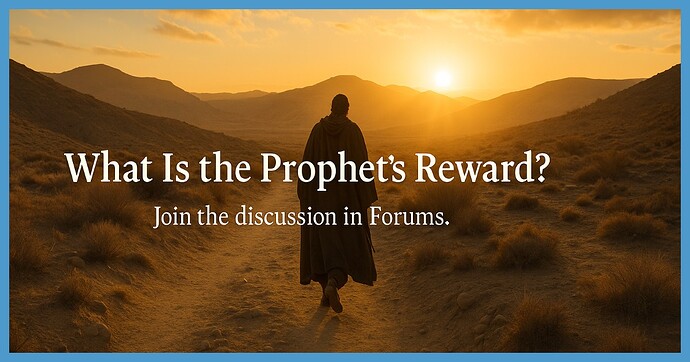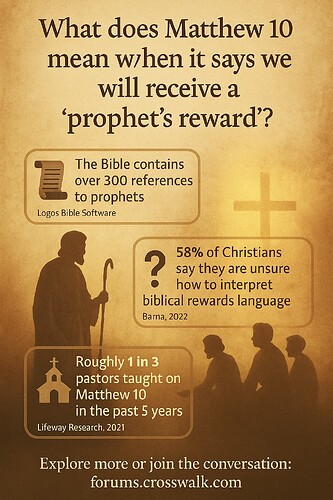Let’s look at this passage to understand what Jesus meant:
Luke 14
**12 **He said also to the man who had invited him, “When you give a dinner or a banquet, do not invite your friends or your brothers or your relatives or rich neighbors, lest they also invite you in return and you be repaid. **13 **But when you give a feast, invite the poor, the crippled, the lame, the blind, **14 **and you will be blessed, because they cannot repay you. For you will be repaid at the resurrection of the just.”
So what Jesus tells this person to give to those who cannot repay, and what will be the result? He will be repaid at the resurrection.
This man is spending money to buy food, potentially pay for servants to serve the food, cooks, etc. He is giving a feast! Did Jesus say, do it out of the goodness of your heart? No. Did he say YOU MUST do it to have salvation no? He said if you do this, you are going above and beyond what is expected of you. There is no law of Moses that says the well off must give feasts to the poor and crippled. But IF you DO you will get a reward! Now we don’t know what this “reward” is? Is it money, is it someone intangible? We don’t know.
What we DO know if a reward is of value. If it wasn’t of value it would not be a reward, it would be useless. We also know that Jesus will repay at the resurrection which is during Jesus’ earthly kingdom.
So what is a prophets reward? We don’t know, again we know it is valuable!
The nature of value is some will have this and some won’t. In the Kingdom of Jesus at the resurrection there will be some Christians who are given great heaps of wealth and authority, and some whose entire work burns up, they themselves receive eternal life and that is very good! But they will have nothing in terms of treasure.
Paul tells us how it.
1 Corinthians 3
**12 **Now if anyone builds on the foundation with gold, silver, precious stones, wood, hay, straw— **13 **each one’s work will become manifest, for the Day will disclose it, because it will be revealed by fire, and the fire will test what sort of work each one has done. **14 **If the work that anyone has built on the foundation survives, he will receive a reward. **15 **If anyone’s work is burned up, he will suffer loss, though he himself will be saved, but only as through fire.
And for those Catholics that think Paul is talking about salvation he isn’t, he is talking about your ministry and how you can build a mega church and can do all these things, but God sees the heart and will your work survive the fire? If not you will be saved, but your work will burn up.
Again Paul is encouraging us to follow his example and go above and beyond. Why? Because it how you earn the rewards in the Kingdom. Paul was greedy for his FULL REWARD in the Kingdom building tents so he could preach the gospel for free.
1 Corinthians 9
**7 **For if I do this of my own will, I have a reward, but if not of my own will, I am still entrusted with a stewardship. **18 **What then is my reward? That in my preaching I may present the gospel free of charge, so as not to make full use of my right in the gospel.
**24 **Do you not know that in a race all the runners run, but only one receives the prize? So run that you may obtain it. **25 **Every athlete exercises self-control in all things. They do it to receive a perishable wreath, but we an imperishable. **26 **So I do not run aimlessly; I do not box as one beating the air. **27 **But I discipline my body and keep it under control, lest after preaching to others I myself should be disqualified.
So Paul worked hard so that he could receive his full reward and win the prize. And no the prize is not salvation, that is through grace not works, but it is through going above and beyond his rights as an Apostle and following the advice of Jesus.
Luke 6
32 “If you love those who love you, what benefit is that to you? For even sinners love those who love them. **33 **And if you do good to those who do good to you, what benefit is that to you? For even sinners do the same. **34 **And if you lend to those from whom you expect to receive, what credit is that to you? Even sinners lend to sinners, to get back the same amount. **35 **But love your enemies, and do good, and lend, expecting nothing in return, and your reward will be great, and you will be sons of the Most High, for he is kind to the ungrateful and the evil.
When Jesus returns and raises us from the dead he will have the wealth of all the nations brought to him on his glorious throne in Jerusalem, and he will repay everyone for what they gave and sacrificed for the Kingdom.
Revelation 22
12 “Behold, I am coming soon, bringing my recompense with me, to repay each one for what he has done.

